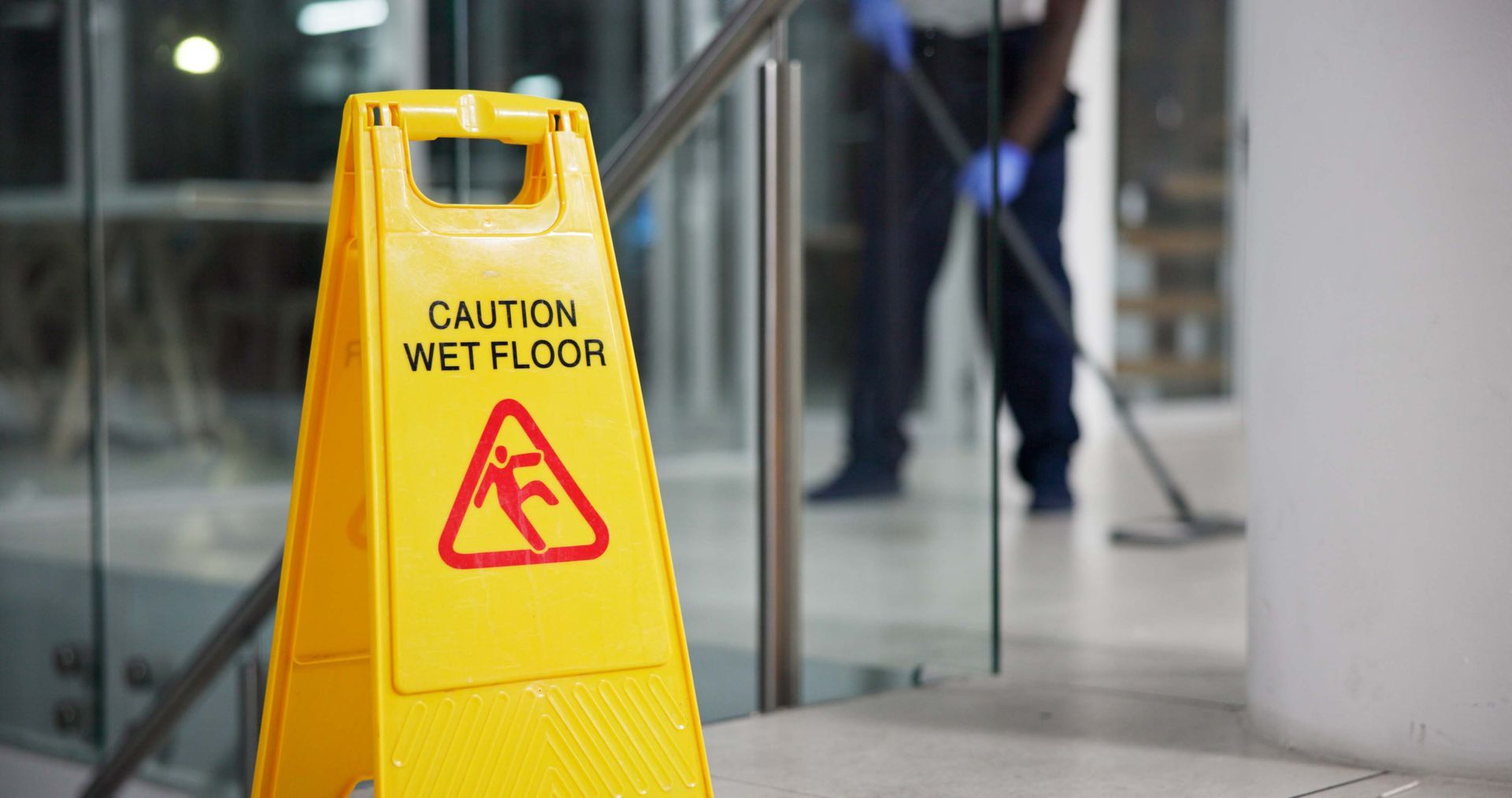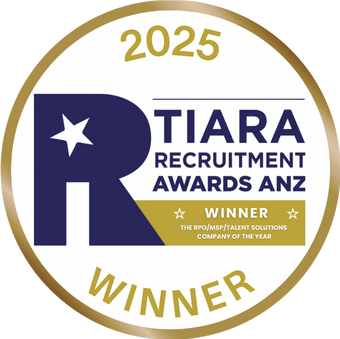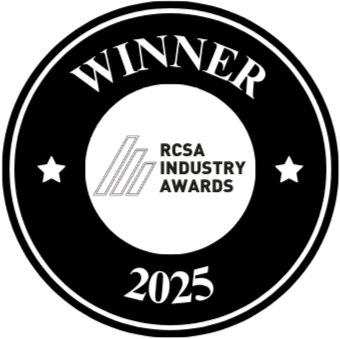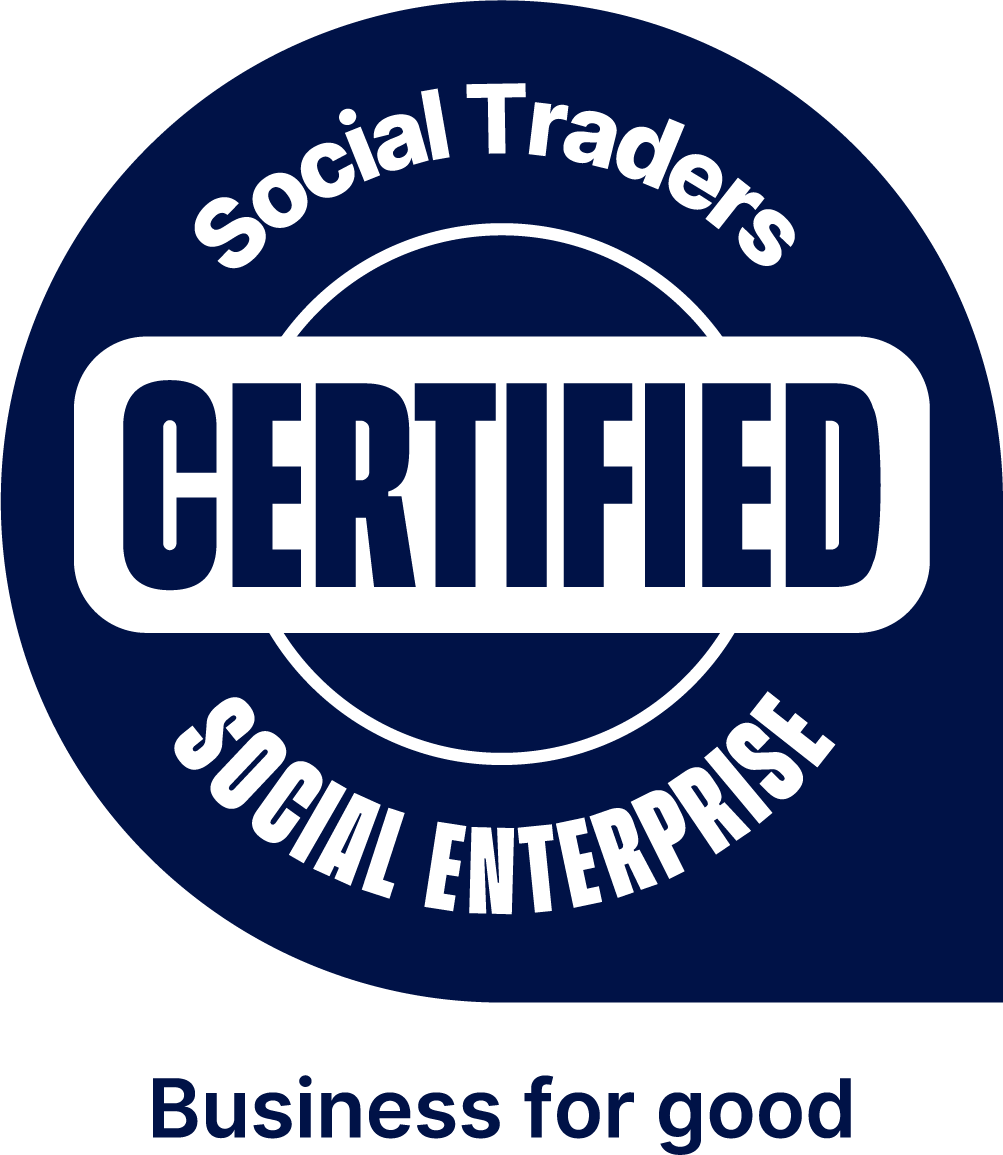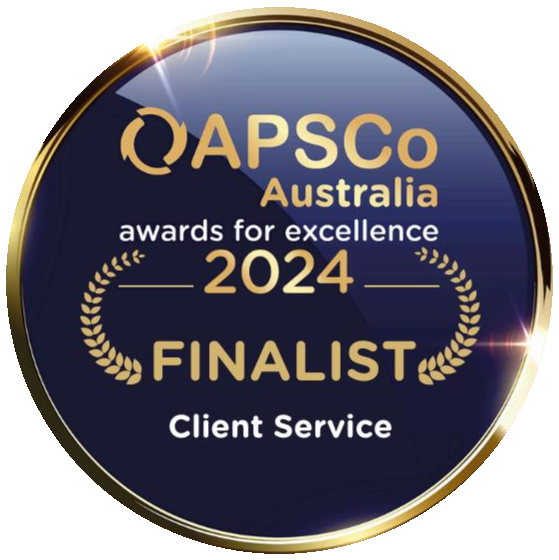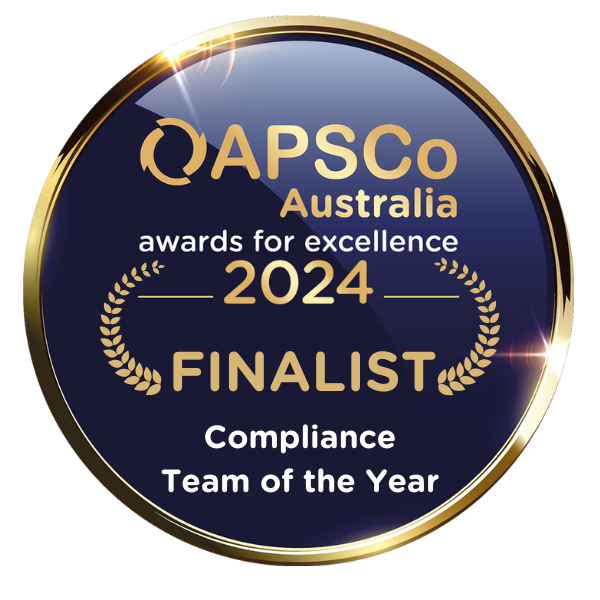One of the more difficult conversations to have in the workplace, as a Psychologist and coach, is providing critical feedback. I have seen many times the consequence of poor delivery of critical feedback – both the ‘giver’ feeling frustrated that their feedback hasn’t been taken on board, and for the ‘receiver’, that feedback was provided in an nonconstructive or unhelpful manner, leaving them demoralised and disengaged.
Personally, I have always had mixed feelings about feedback; while I have not (and frankly may never) be entirely comfortable with it – my desire to perform well and aversion to mistakes make it difficult, not to mention the bruising that my ego experiences – I also know that when I have received honest and constructive critical feedback, it has been an immensely valuable development opportunity and has led to further growth, both personally and professionally.
Following a recent experience when receiving feedback from my own manager, the psychologist in me felt it important to reflect (unsurprisingly) on what went well during the discussion and perhaps what could have been improved. While I appreciated the honesty of the feedback, I wondered what could have occurred such that I had left the conversation feeling more motivated rather than somewhat demoralised.
So, given it takes two to tango, how can one both effectively give and receive feedback? While there is a vast array of advice on this topic, Emotional Intelligence (EI) and the four elements that sit under it (self-awareness, self-management, social awareness and social skills) plays a key role in the success or failure of these potential coaching interactions. Throughout the feedback process, there are several key behaviours that both parties need to keep in mind.
As the ‘giver’:
Pay attention to body language
Both your own and that of your recipient. Ensure your posture is open and that you remain aware of signs that your receiver is ‘checking out’ i.e. lack of eye contact, crossed arms, closed posture.
Checking in
Rather than assuming that, ‘okays’ and ‘umm-hmms’ mean your receiver is listening, clearly ask them what they think, how they are feeling, and ask for feedback on your message to gauge their own understanding and agreement or disagreement.
Be Strengths-focused
Ensure that you are constructive and positive in your language, and strengths focused in your approach.
What’s in it for them
Ensure then when providing the feedback, you consider how it links back to their specific motivators. People never do something for nothing.
Give details
ensure that you can provide specific examples of unhelpful behaviour and more importantly, provide constructive feedback. What would be more helpful or how could they do something differently.
Focus on the task not the person
One of my mentors once told me, “be hard on the issue, soft on the person”. There is nothing helpful or constructive about making the issue personal.
Reflection time
Ensure that you give the other person the opportunity to reflect and permission for them to come back to you to discuss; leave it open to continued discussion.
As the ‘receiver’:
Be open
Ensure that you maintain an open attitude towards the conversation; even if you are not happy with what you are hearing, you will be better able to reflect on what you have heard and what you agreed/disagreed with if you actively listen.
Reflection
write notes and ask for the time to process and reflect on what was discussed if you feel that you need it.
See the opportunities
it is important to see any feedback as worthy of consideration and as a potential development opportunity, even if it is difficult to hear. It will allow you to build self-awareness and aid in removing ‘blindspots’ in behaviour
Get the specifics
Ask for specifics regarding the times that you have demonstrated any unhelpful behaviour, and ask what a successful change would look like so you can adjust your behaviour accordingly.
Consider these points before the next time you approach a feedback interaction. If followed, you may find that both the giver and the receiver will increase the success and value of these conversations. Having regular feedback sessions with your team members benefits all parties involved, by encouraging positive behaviour and identifying areas that need improvement you can increase their productivity and quality of work. Continual performance assessments also provide managers with information that can help advise decisions on pay raises, promotions, assignments and training.
Want to be fearless with your own feedback? Contact one of our Chandler Macleod People Insights Consultants today to discuss our Insight Led Learning programs.








